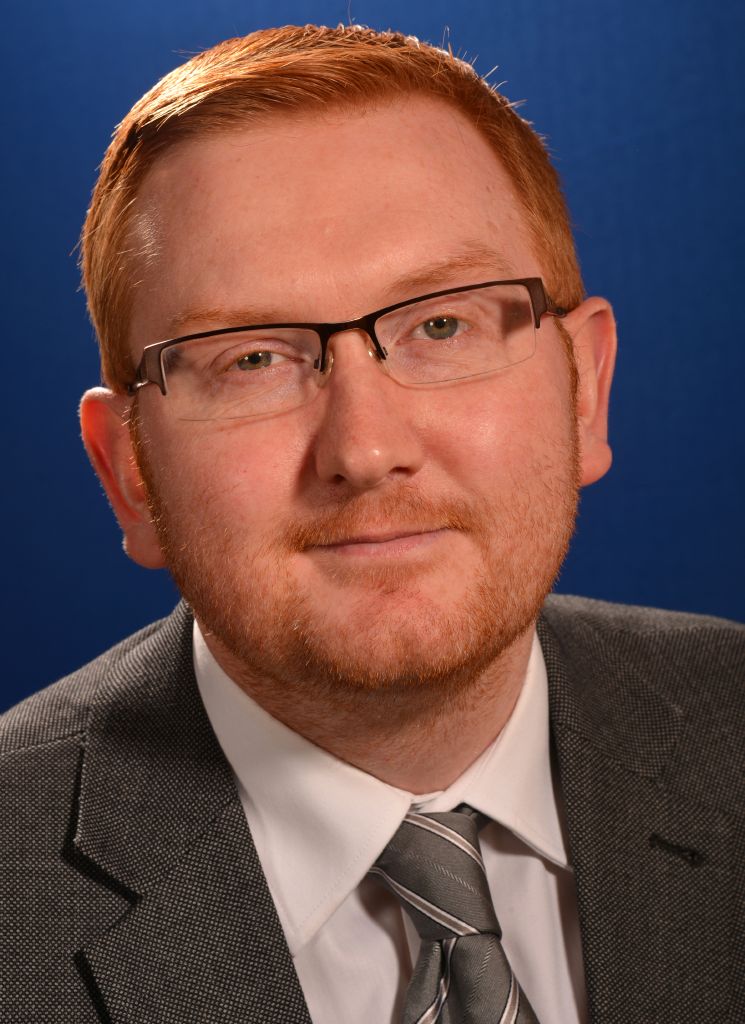July 30, 2021, by School of Medicine
30 at 30: Celebrating Past, Present and Future Nursing Education and Leadership
 It is an absolute honour and privilege to have been asked to write this guest blog as part of the School of Health Science’s 30-year celebrations for nurse education at The University of Nottingham. This is particularly important to me as, when my nursing career started just over 25 years ago, I decided to study nursing at The University of Nottingham and its where I also completed my MSc in Advanced Clinical Practice. Nottingham provided me with a strong and credible academic and practice foundation which has allowed me to enjoy an amazing career and permitted me to care for and influence the lives of many people both at an individual and population level. I could never have imagined that my career would take me from working in a busy teaching hospital, to working across inner city Birmingham, meetings in No. 10 Downing Street, advising the British Embassy in China and working with amazing colleagues from across the world on important nursing and public health issues.
It is an absolute honour and privilege to have been asked to write this guest blog as part of the School of Health Science’s 30-year celebrations for nurse education at The University of Nottingham. This is particularly important to me as, when my nursing career started just over 25 years ago, I decided to study nursing at The University of Nottingham and its where I also completed my MSc in Advanced Clinical Practice. Nottingham provided me with a strong and credible academic and practice foundation which has allowed me to enjoy an amazing career and permitted me to care for and influence the lives of many people both at an individual and population level. I could never have imagined that my career would take me from working in a busy teaching hospital, to working across inner city Birmingham, meetings in No. 10 Downing Street, advising the British Embassy in China and working with amazing colleagues from across the world on important nursing and public health issues.
Although The University of Nottingham is celebrating 30 years of nursing education, the foundation of nursing studies dates back much further than this time. On her return from the Crimean War, Florence Nightingale argued that the nursing profession required a more formal education programme. Therefore, in 1860, the Nightingale Training School opened at St Thomas’s Hospital in London. Florence is still cited as the modern founder of nursing but she is less well known for her pioneering public health practice and leadership. Perhaps it would be more fitting to name her as the ‘lady with statistics’ rather than the ‘lady with the lamp’ as her ability to present public health data was ground-breaking and led to change and reform of the global health system.
Following a year like no other, it is fitting to thank and celebrate nursing colleagues from across the globe, without whom the outcome of the COVID-19 pandemic would be very different. This should include our academic colleagues who are not always recognised for their amazing leadership and commitment to supporting the future and existing nursing profession to register and advance their careers. These colleagues are like many who have gone above and beyond their usual workload to support the pandemic response, for which we are all immensely grateful.
As we start to emerge from the acute phase of the COVID-19 pandemic, our nursing profession will need to consider what we have learnt during this time and what needs to change to allow us to truly ‘build back better and fairer’. I would argue that our nursing model needs to be reviewed to consider if we pay equal attention to preventing, promoting and protecting the public’s health as we do to treating ill health. I would also question if our current model pays enough attention to addressing health inequalities which will require significant attention if we are to address the unacceptable differences in health outcomes between different groups. Our past nursing leadership has demonstrated our ability to challenge policy and practice; so how do we now turn the 2020s into the decade of transformation for our profession which will lead to improved health outcomes and respond to the critical issues of our time?
As a Nottingham alumnus, I know that the academic staff and students in the School of Health Sciences will be at the forefront of this agenda by their world leading research, education and leadership. It finally leaves me great pleasure to thank and celebrate all of my past, present and future University of Nottingham alumni for your leadership and commitment in preventing, promoting and protecting the public’s health and wellbeing.
If you want to find out more about my role at Public Health England, follow me on Twitter @JamieWaterall, or access the All Our Health platform.
By Professor Jamie Waterall, Deputy Chief Nurse, Public Health England
No comments yet, fill out a comment to be the first

Leave a Reply